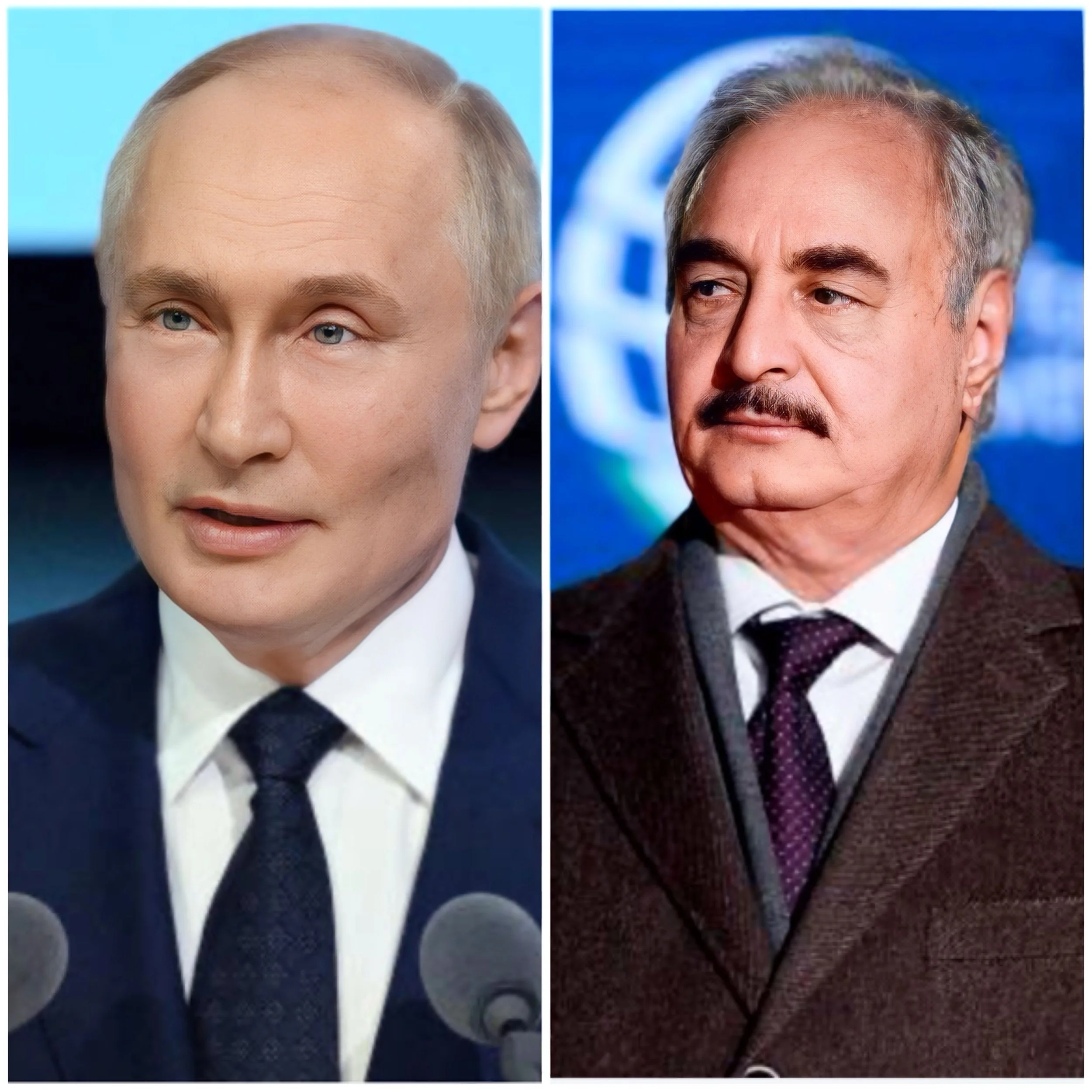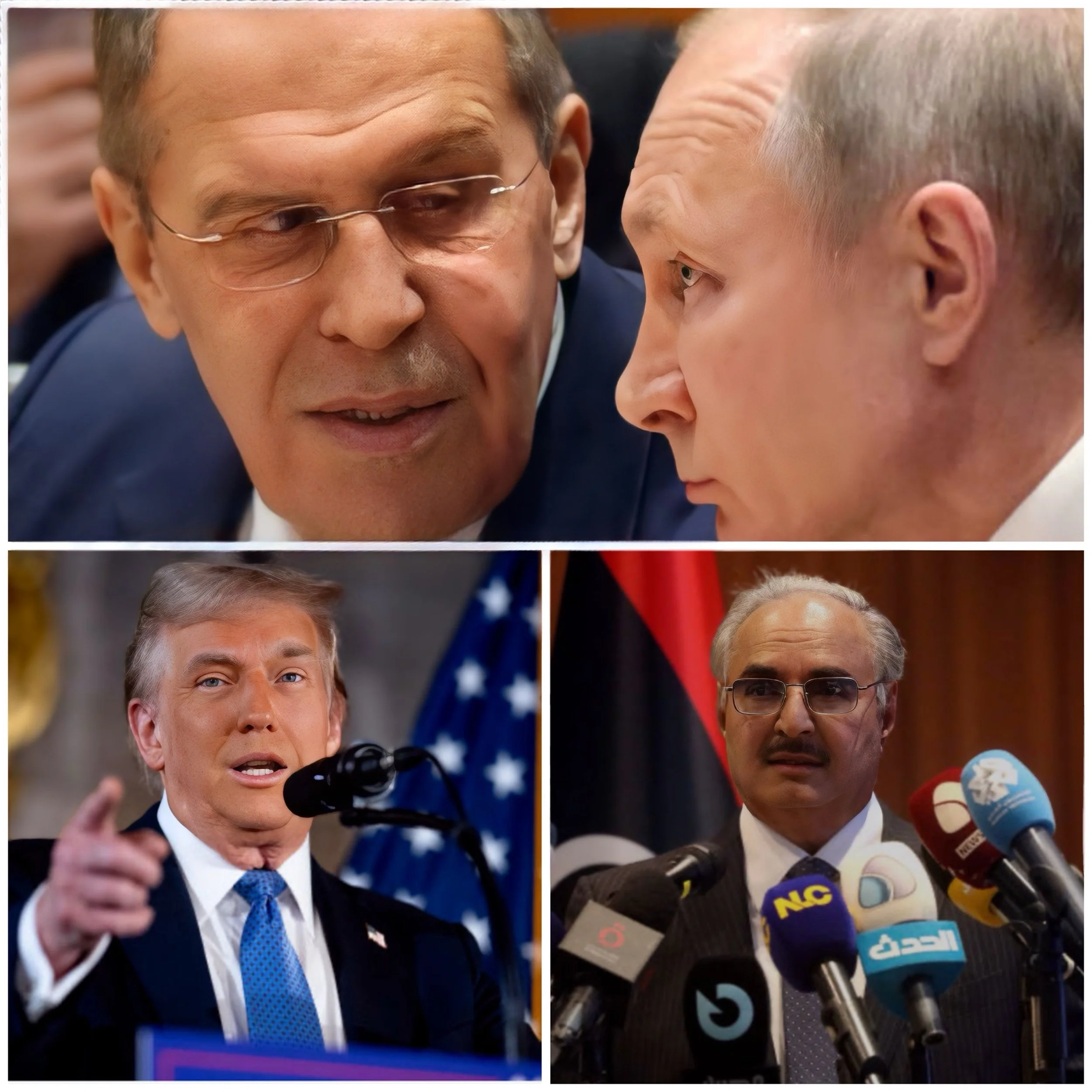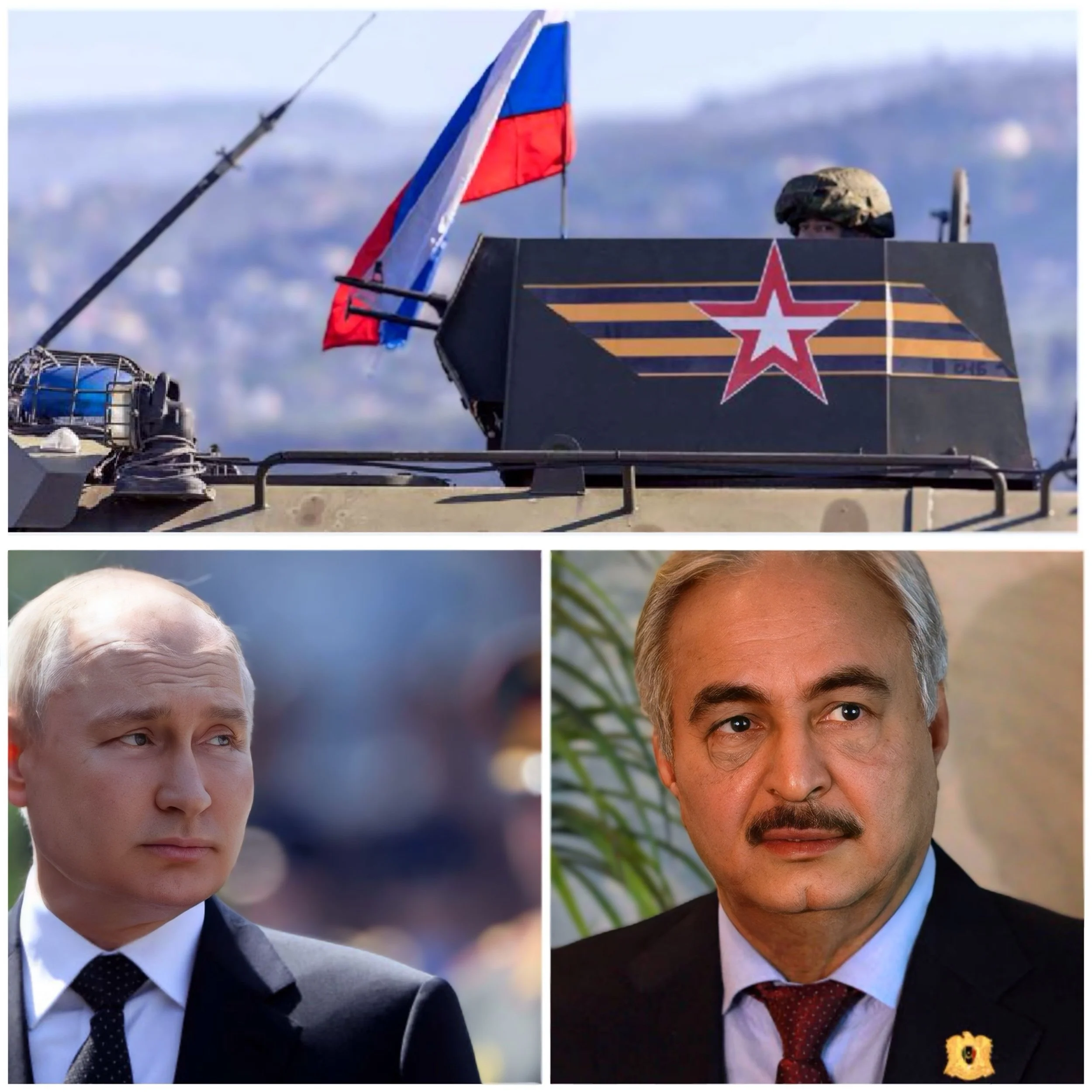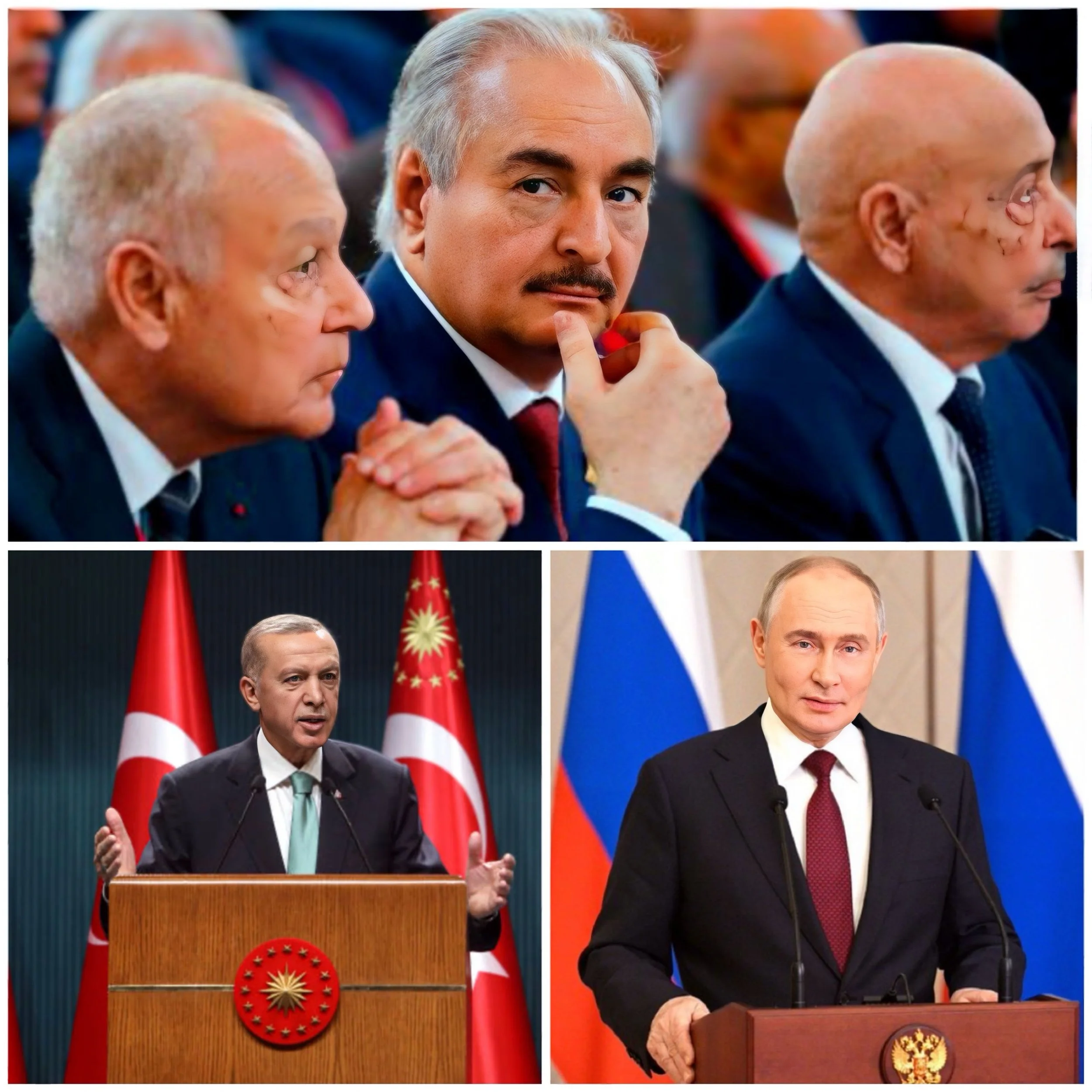Khalifa Haftar position will be bolstered due to Russia presence and blacking in Libya
Introduction
Khalifa Haftar’s position in Libya is indeed likely to be bolstered due to increased Russian presence and backing in the country. This development is primarily a result of recent geopolitical shifts and Russia’s strategic interests in the region.
Enhanced Russian Support
Russia has been significantly increasing its military presence and support for Haftar’s forces in Libya
Russian cargo flights have been delivering military supplies to eastern Libya since December 8, 2024, coinciding with political changes in Syria.
The Libyan National Army (LNA) received a large amount of weapons and military equipment from Russian allies towards the end of 2023.
An estimated 6,000 tons of weapons and equipment were sent to Libya via Syria in March and April 2024.
Stronger Strategic Position
Haftar’s position is likely to be strengthened for several reasons:
Military Expansion
The LNA has been able to move south, occupying large amounts of territory, thanks to the influx of Russian military hardware.
Strategic Importance
Russia is exploring long-term docking rights in the ports of Tobruk and Benghazi, which are under Haftar’s control.
Training and Support
Russia has offered weaponry, equipment, ammunition, and new training programs, including for Haftar’s navy.
International Recognition
Despite controversies, Haftar continues to receive international recognition:
He was accorded head-of-state treatment during a September 2023 visit to Moscow, where he met with Russian President Vladimir Putin.
The United States has increased outreach to Haftar in recent years, albeit while pressing him to reduce ties with Russia.
Challenges and Complexities
However, Haftar’s position is not without challenges:
His relationship with Russia remains complex, as the U.S. warns against accepting a Russian naval base.
The Haftar family’s control over key LAAF units, financial institutions, and political bodies has reached unprecedented levels, which could lead to internal tensions.
Prime Minister Abdul Hamid Dbeibah has criticized the transfer of additional Russian weaponry to Libya, calling it “a genuine threat to peace and security in the country”.
Conclusion
Haftar faces some challenges, the increased Russian presence and backing in Libya are more likely to strengthen his position rather than weaken it.
His control over strategic areas and the influx of Russian military support provide him with significant leverage in both domestic and international negotiations.





